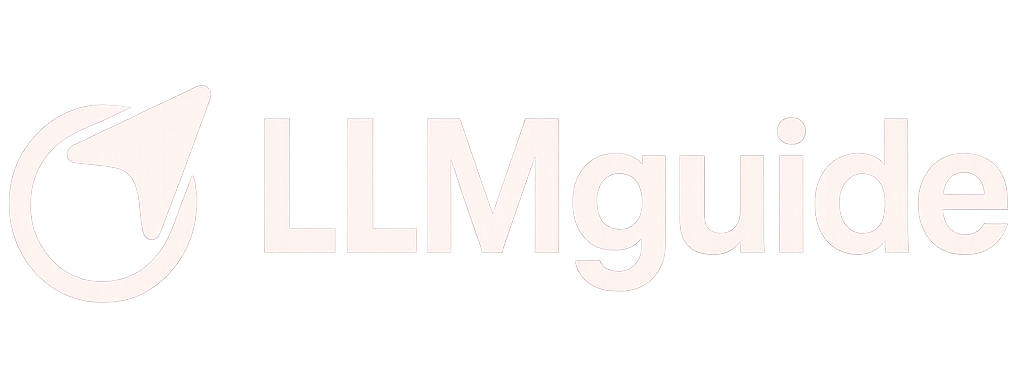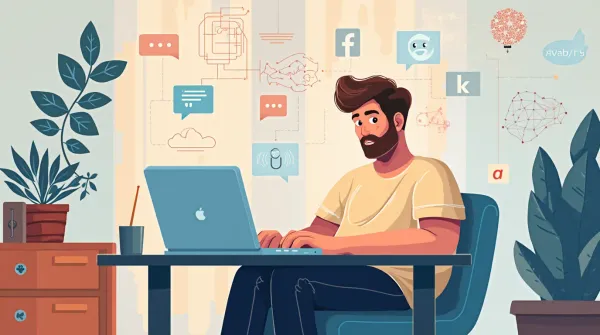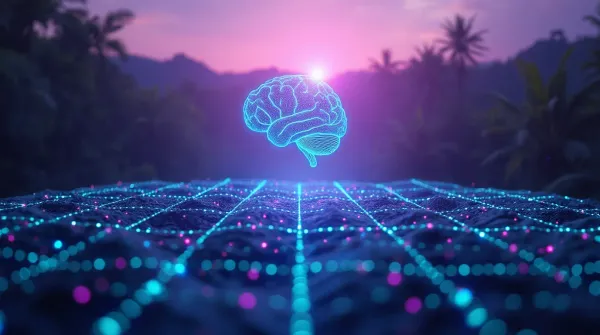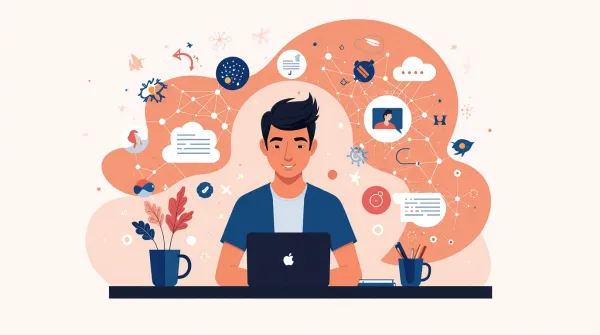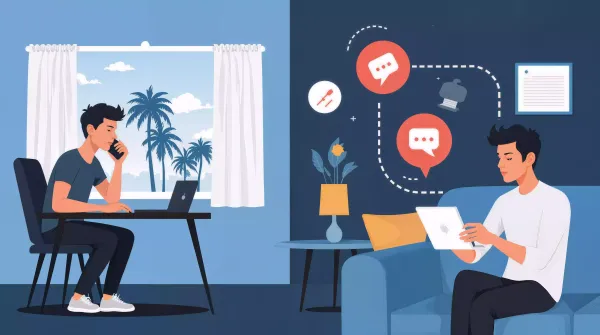From Neural Networks to Blogging: My Journey in Making AI Accessible
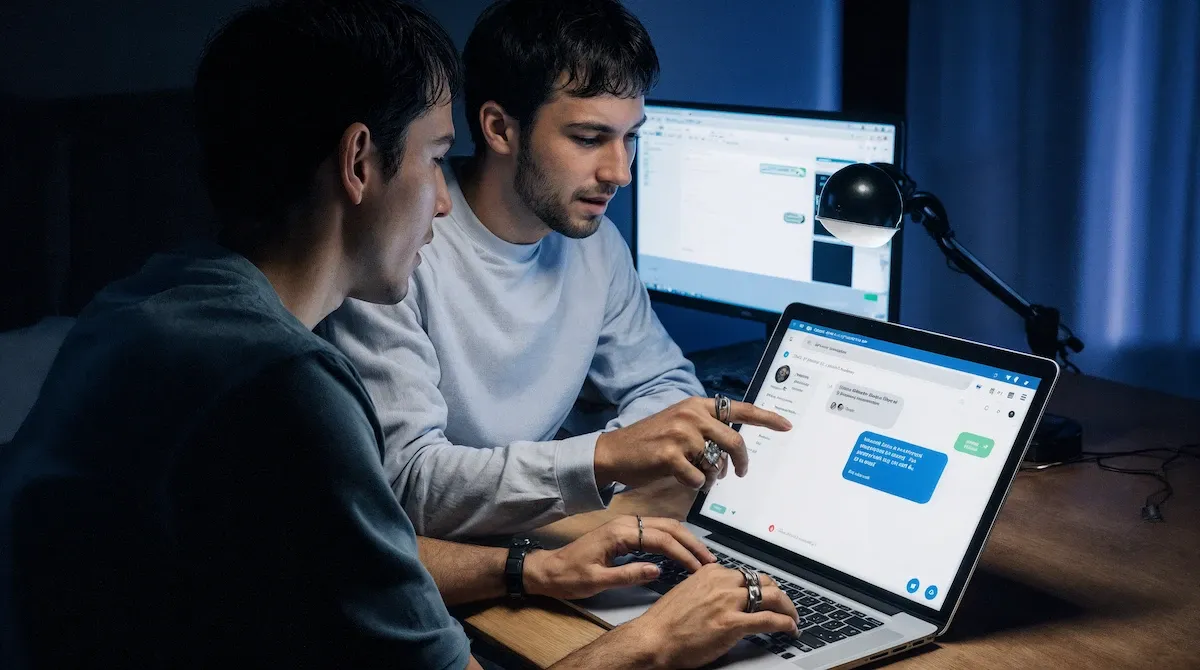
There was a time when artificial intelligence felt like something distant and unreachable to me. I had tried exploring neural networks on my own, dabbling in convolutional networks and transformers, but my results were modest and progress was slow. Things began to change when I took on a freelance project to build a neural network that could restore colors in old movies.
That project was my first real experience using ChatGPT as an assistant. It helped me write functions, generate ideas, and solve complex problems. Thanks to this, my Python programming skills improved significantly, and I began to master the art of crafting prompts. After successfully delivering the project and receiving enthusiastic feedback from the client, I felt inspired and knew I wanted to take things further.
My next big idea was a chatbot assistant for tourists visiting Phuket. I knew almost nothing about Telegram bots at the time, but decided to dive in anyway. Alongside ChatGPT, I learned PostgreSQL, FastAPI, Aiogram, Redis, Dramatiq, OpenAI's API, and RAG systems. My initial simple concept quickly evolved into an ambitious project, and after several months of intense work, I created a functional MVP.
However, disappointment soon followed. The bot wasn't popular; people simply weren't ready for this kind of communication. They preferred traditional forums and familiar group chats. Realizing I had invested a lot of energy without seeing much return, I decided to shelve the project, though I still occasionally use it myself.
Around that time, I came across an OpenAI hackathon on Kaggle. The theme—archaeology and discovering lost civilizations—was far from my expertise, but the AI angle resonated with me, so I gave it a shot. By deeply engaging with ChatGPT, I discovered a new approach: leveraging the strengths of language models by working directly with historical texts.
I started exploring ancient reports, explorers' journals, and travelers' diaries from the 16th to 18th centuries. Analyzing these documents allowed me to identify several lost settlements and estimate their coordinates. Ultimately, I became one of just five winners out of 4,500 participants, earning an early prize.
Winning that prize was transformative. It confirmed that I was on the right track and genuinely capable of achieving something valuable. The impostor syndrome that had haunted me gradually faded away, replaced by a surge of motivation that still drives me forward.
Yet, I realized I couldn't compete at the highest levels without a strong team, so I started exploring more practical ways to integrate AI into everyday life and business. Surprisingly, most people around me had very limited understanding of AI and its potential. None of my friends seemed to find it immediately useful or relevant.
Then, one day, my brother asked me for help solving a problem. I redirected his question to ChatGPT, and he quickly found the solution. This incident was a revelation for him, prompting him to use AI daily in his professional and personal life. That was a turning point for me as well: I saw clearly that my mission was to help people discover and embrace AI, explaining it simply and demonstrating practical benefits through concrete examples.
Thus, the idea of creating llmguide.io, a website dedicated to popularizing AI, was born. My aim is not aggressive marketing or trendy hype, but genuine, supportive guidance for anyone curious about this technology. The first visitors, subscribers, and comments will be my confirmation that I'm on the right path.
Key insights from my journey:
- Don’t fear experimentation. Nowadays, experimenting costs next to nothing—just your time and effort. Laziness is your biggest enemy, so simply sit down and start doing.
- Every new project starts as a "fog of war." But if you keep moving forward with courage and curiosity, unexpected solutions and opportunities will always emerge.
- AI is already part of our lives, and soon it will be as natural and essential as the internet is today. My goal is to help people adapt quickly and understand its benefits now.
If I could send a short message to my past self, it would simply be two letters - "AI." Let that little mystery set the stage for discovering this amazing world on my own.
